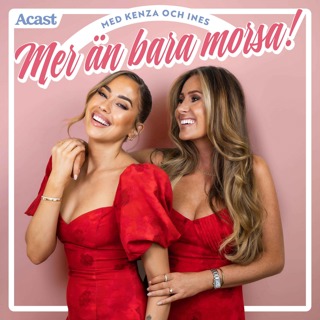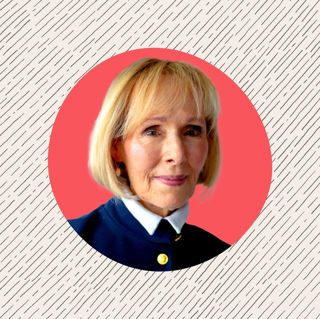
E. Jean Carroll’s Vibrant Sex Life Ended 30 Years Ago. She Wants It Back.
When the writer E. Jean Carroll accused President Trump of sexual assault in 2019, she unearthed a memory she had pushed away for decades. She also admitted, for the first time, something she hadn’t f...
3 Sep 202531min
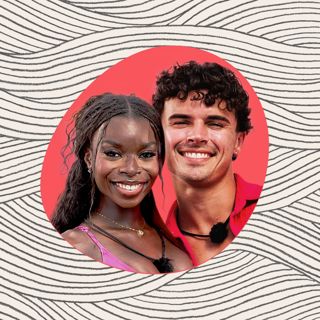
Nic and Olandria on What the ‘Love Island’ Cameras Missed
Olandria Carthen and Nic Vansteenberghe spent a lot of this past season on “Love Island USA” coupled up with other people, but in a last-minute twist they wound up together.Fans were divided. They rea...
27 Aug 202543min
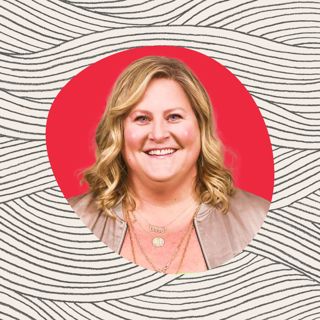
Bridget Everett Says a Best Friend Can Be Your Greatest Love (Encore)
Stories of romantic love are everywhere, but the actor, singer and comedian Bridget Everett says that friendships deserve our attention, too. Onscreen and in everyday life.Last Fall, Everett appeared ...
20 Aug 202538min
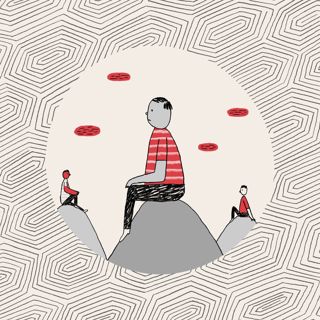
Where Did All My Male Friendships Go?
Sam Graham-Felsen never imagined being lonely. Throughout his childhood and as a young man his life revolved around his friends. But when Sam got married and then had kids, going out with his friends ...
13 Aug 20251h 1min

The Kind of Pain She Wanted
For her entire life, Grace Hussar has been an overthinker. No matter how much she wanted to be in the moment, she always felt as if she was just outside it. But when she took up endurance running, she...
6 Aug 202546min

Reneé Rapp on Blurring the Line Between Bestie and Lover
The pop singer and actress Reneé Rapp has a deep love for her friends. She maintains a nonstop group chat with more than 15 close friends every day. Their lives are so intertwined that the line betwee...
23 Juli 202536min
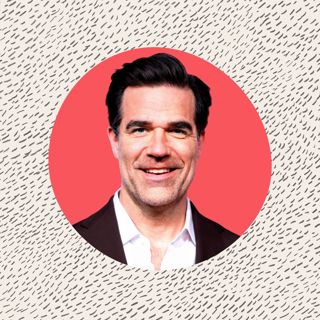
How to Keep Love Alive, With Rob Delaney of ‘Dying for Sex’
When we meet Rob Delaney’s character, “Neighbor Guy,” in FX’s limited series “Dying for Sex,” he’s scarfing down a burrito in an elevator, dripping food on his face and the floor. But Delaney’s perfor...
16 Juli 202537min





















